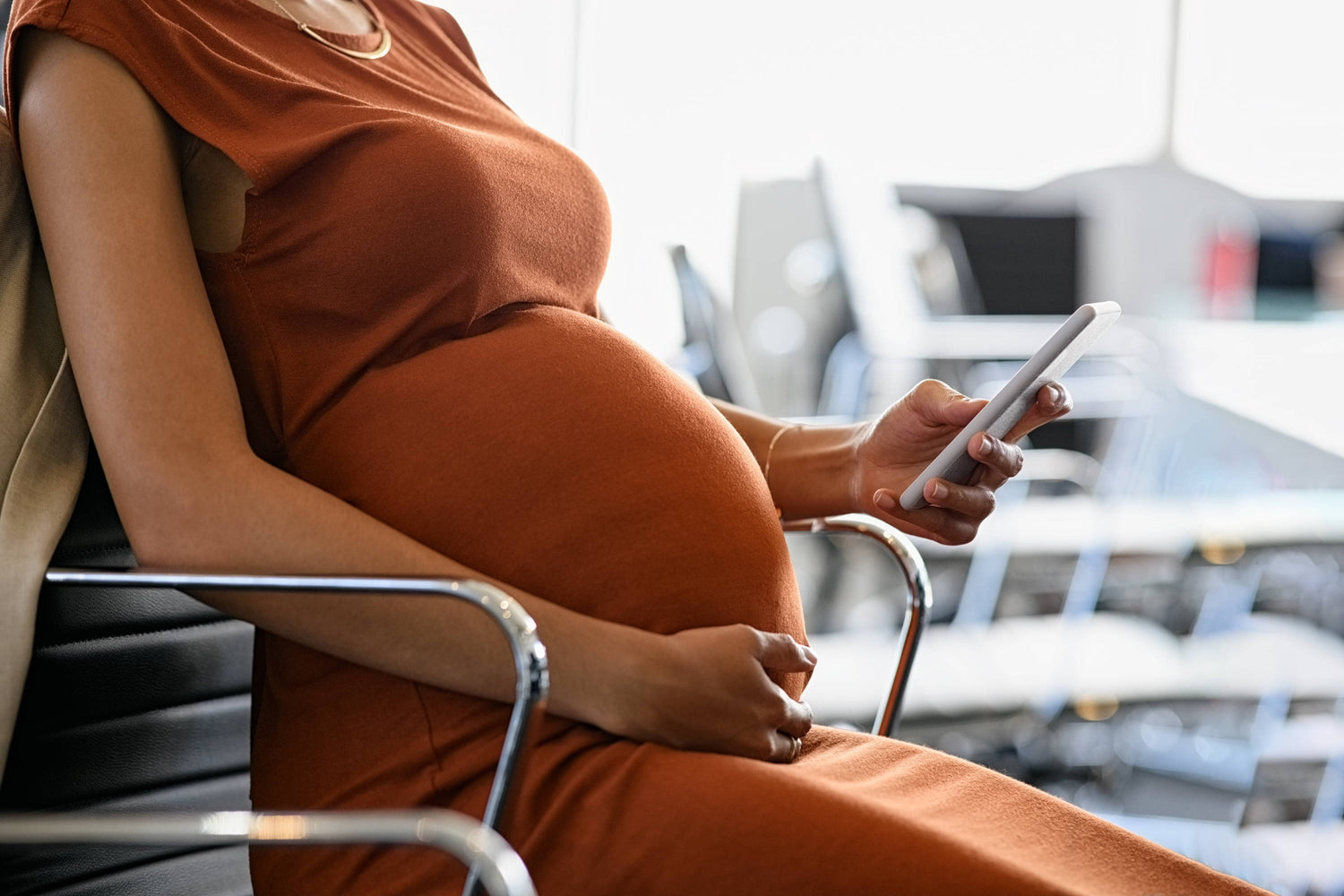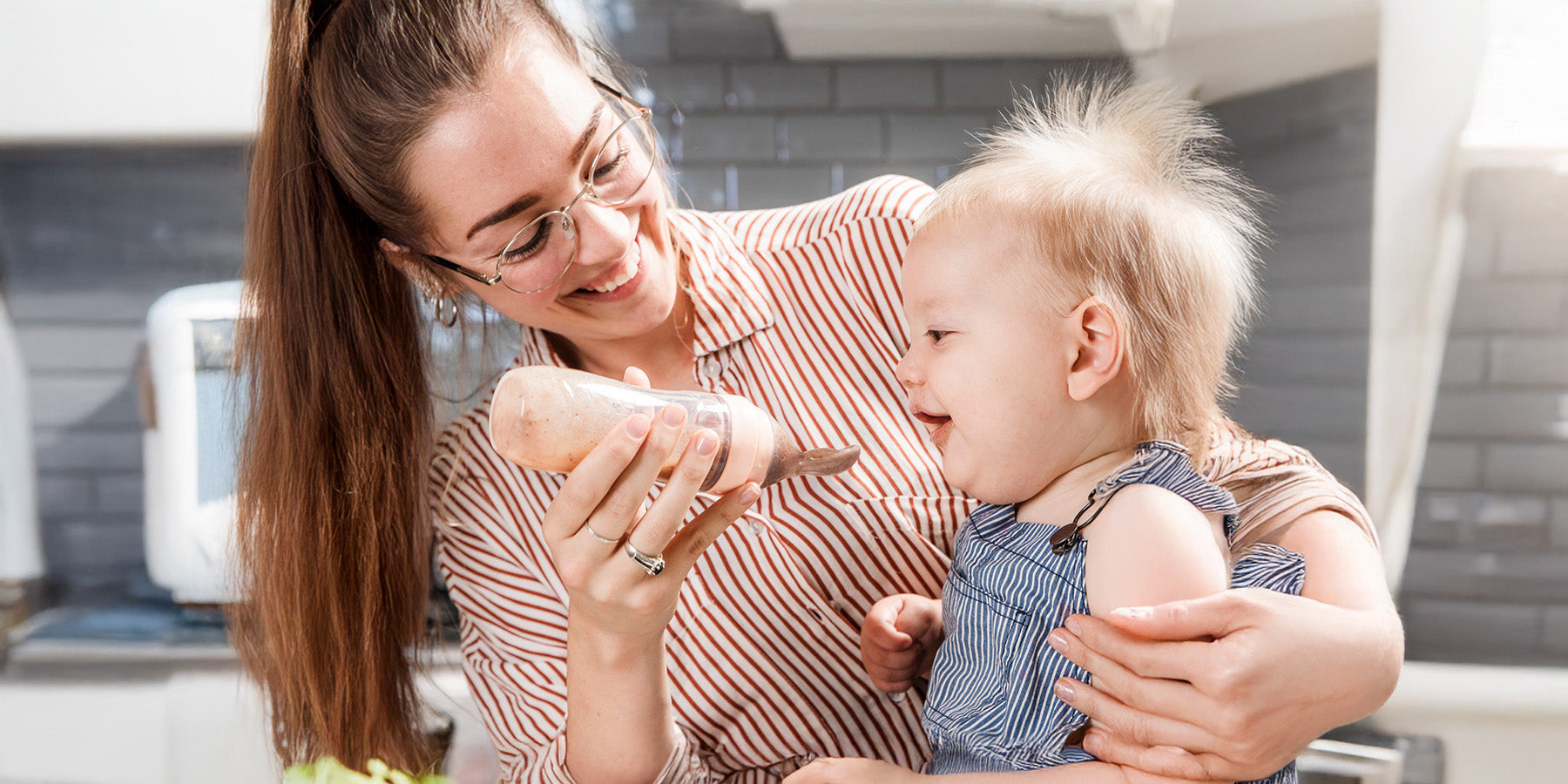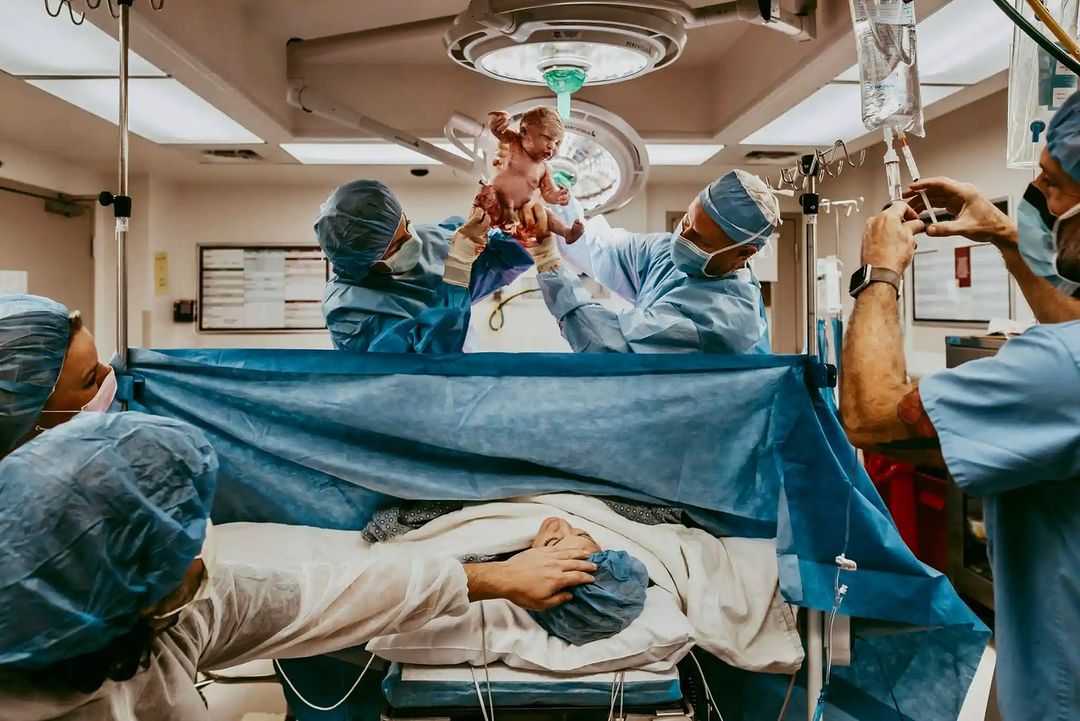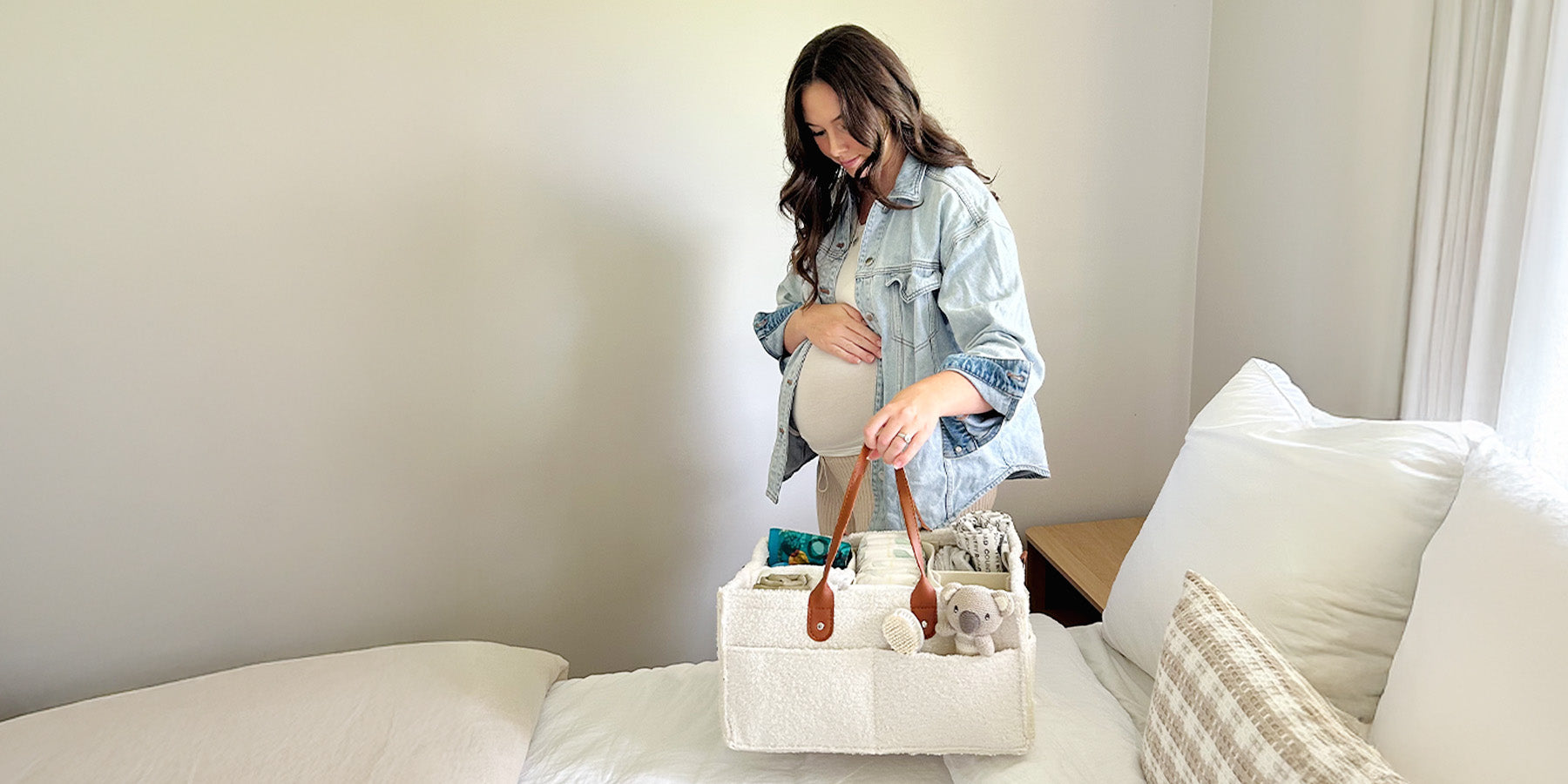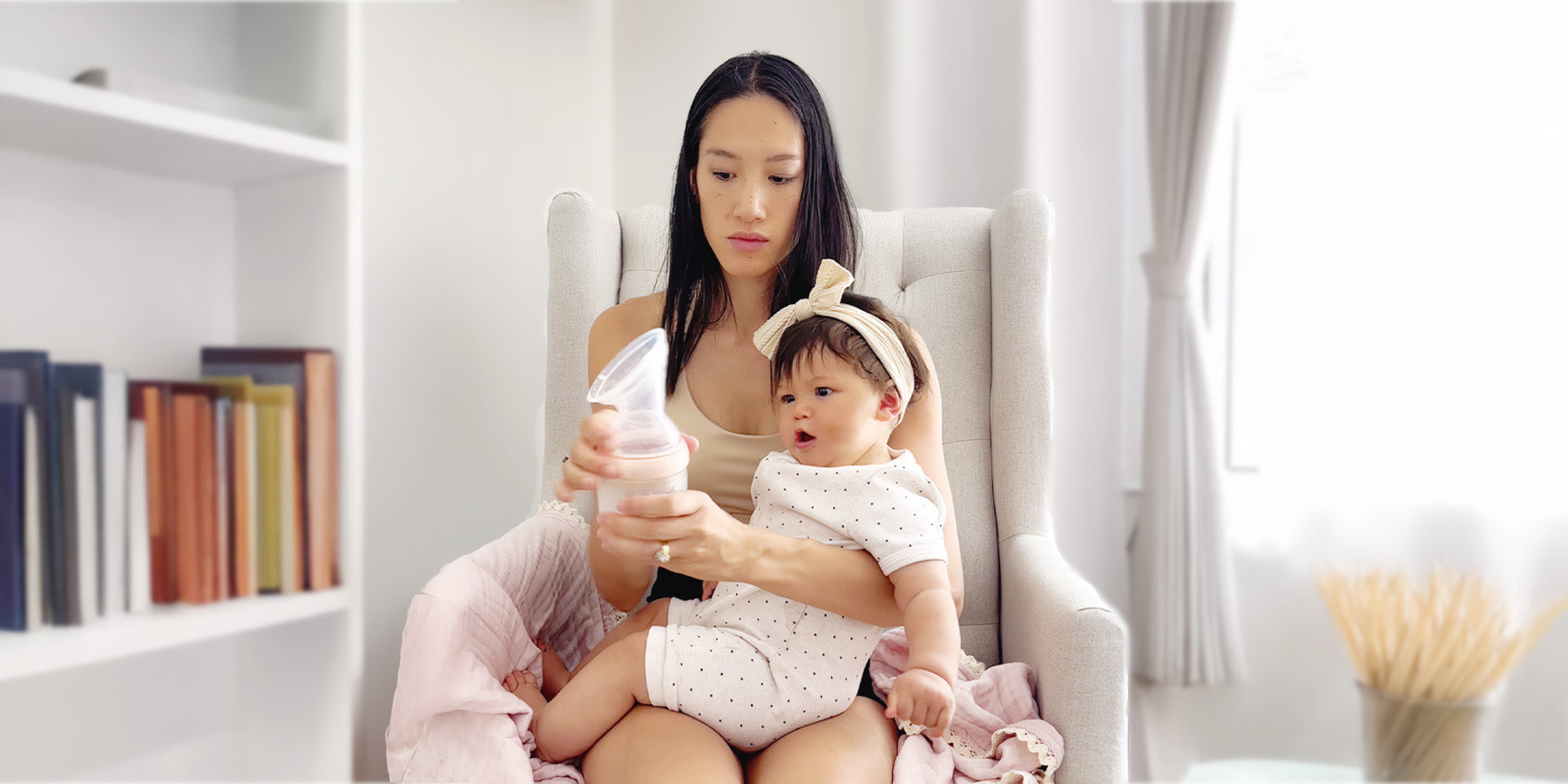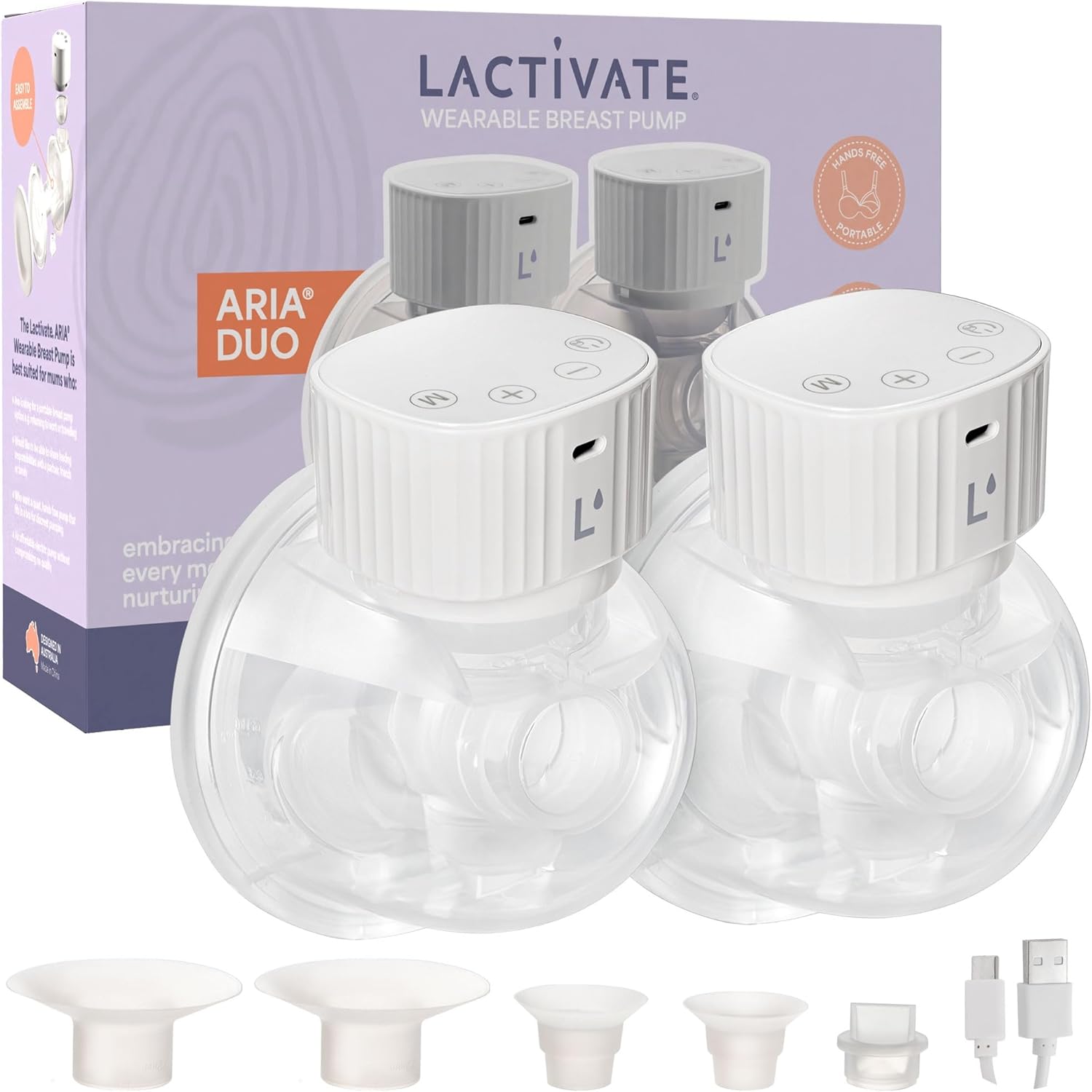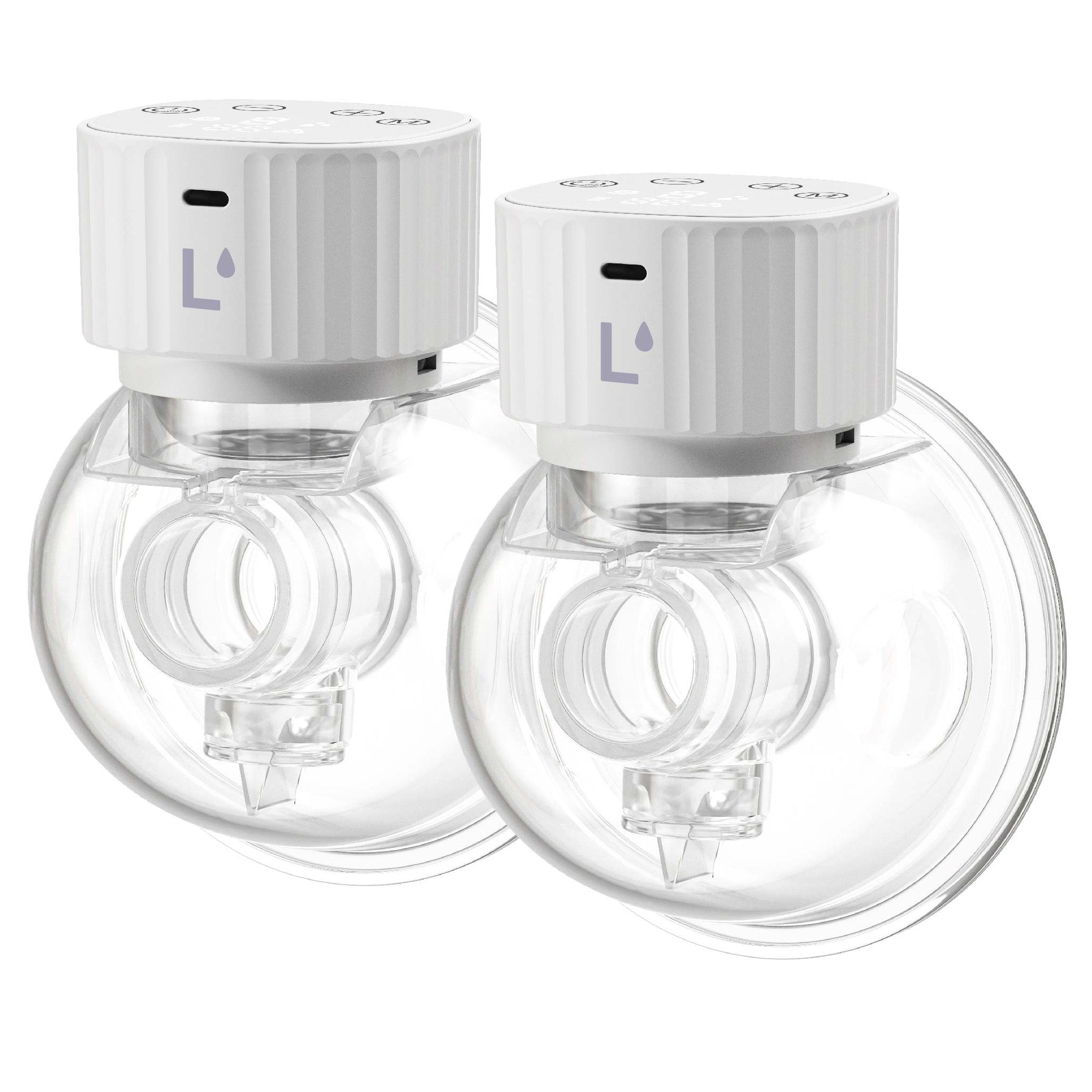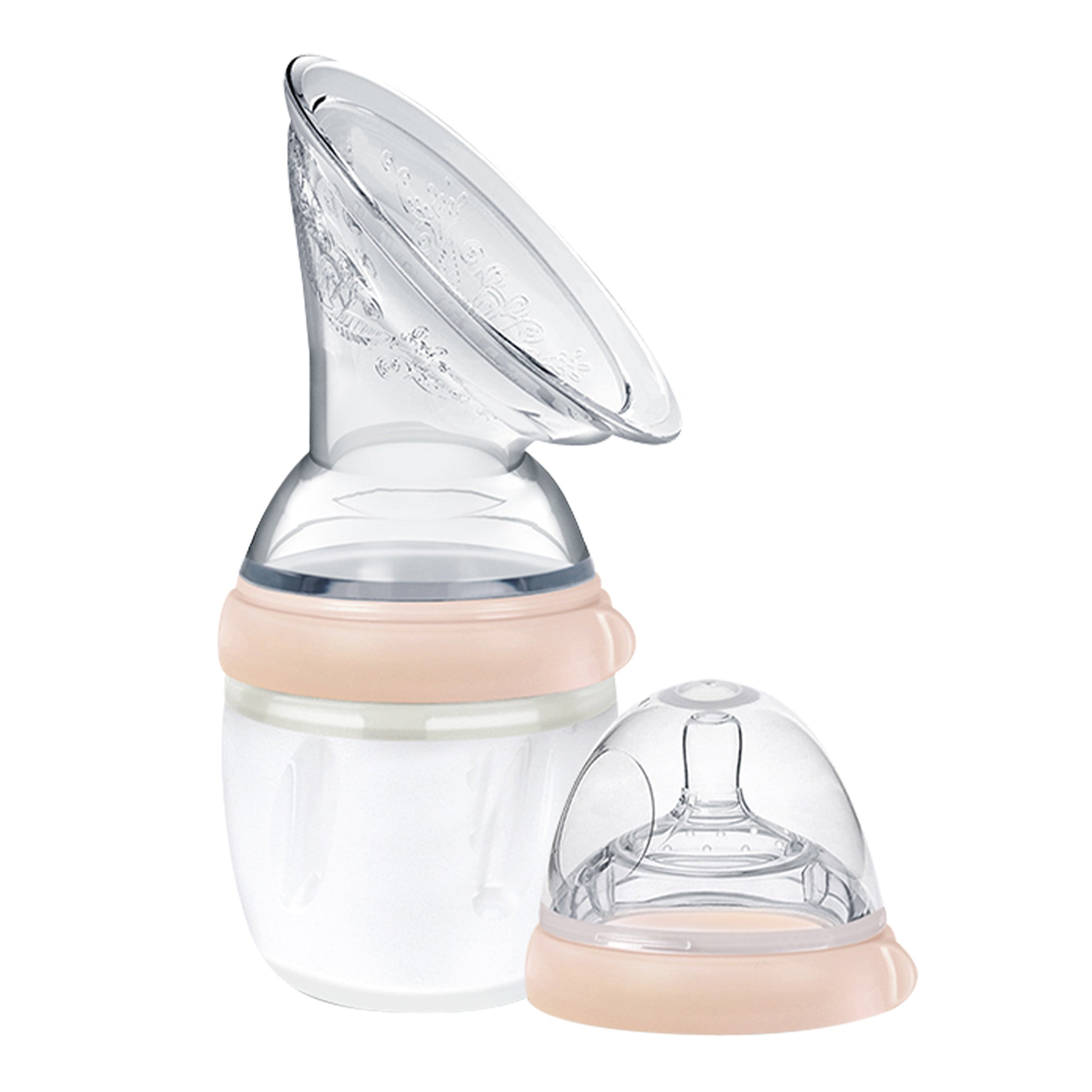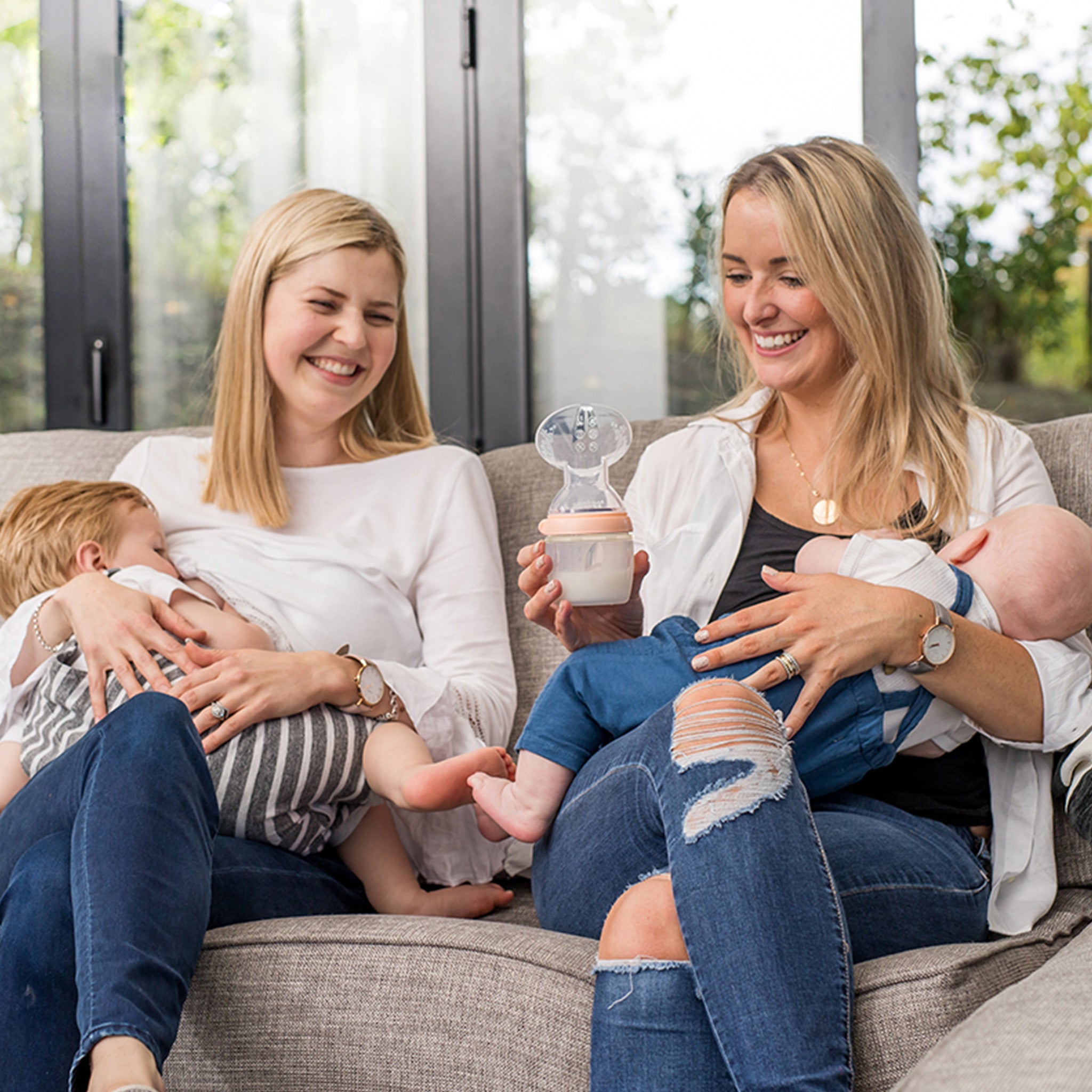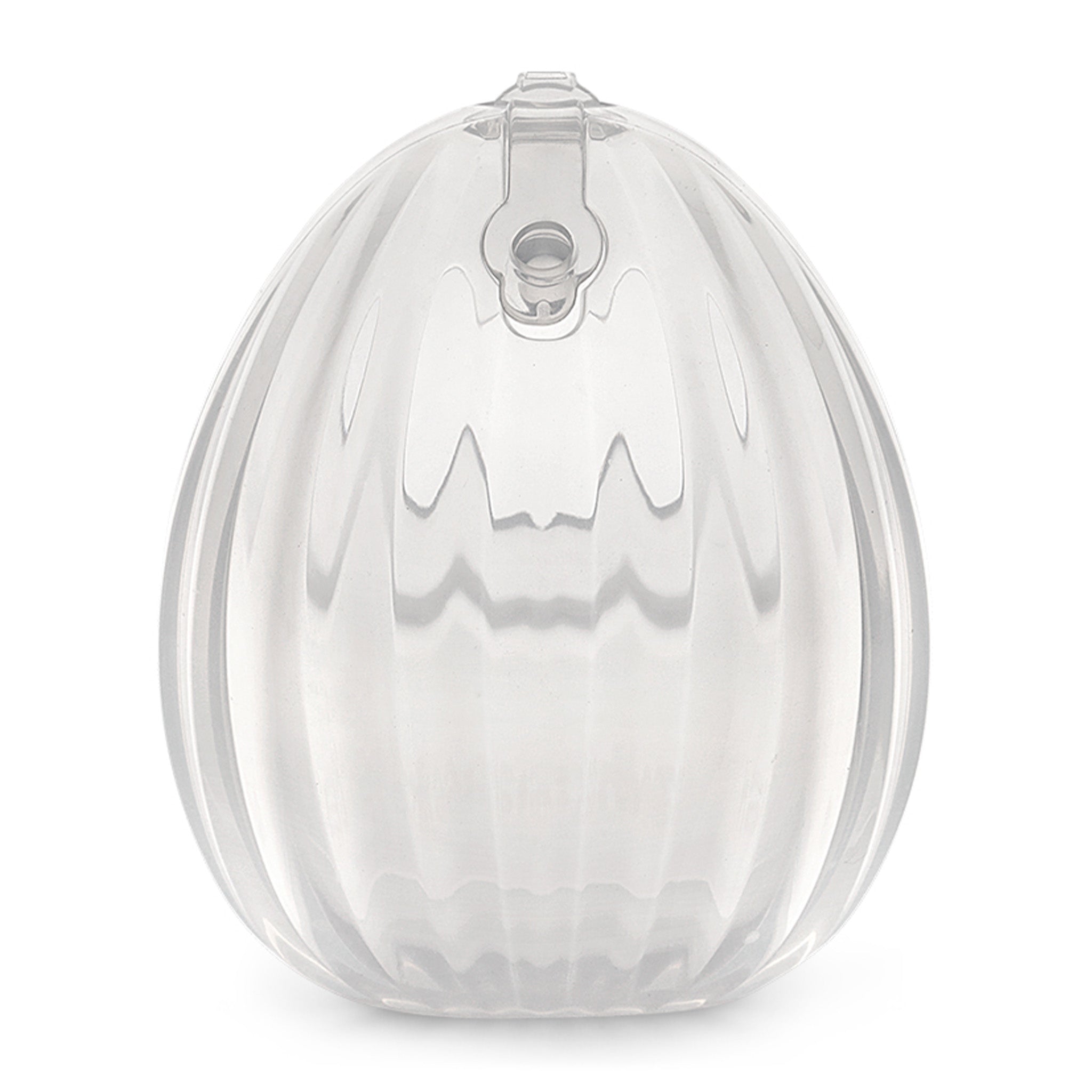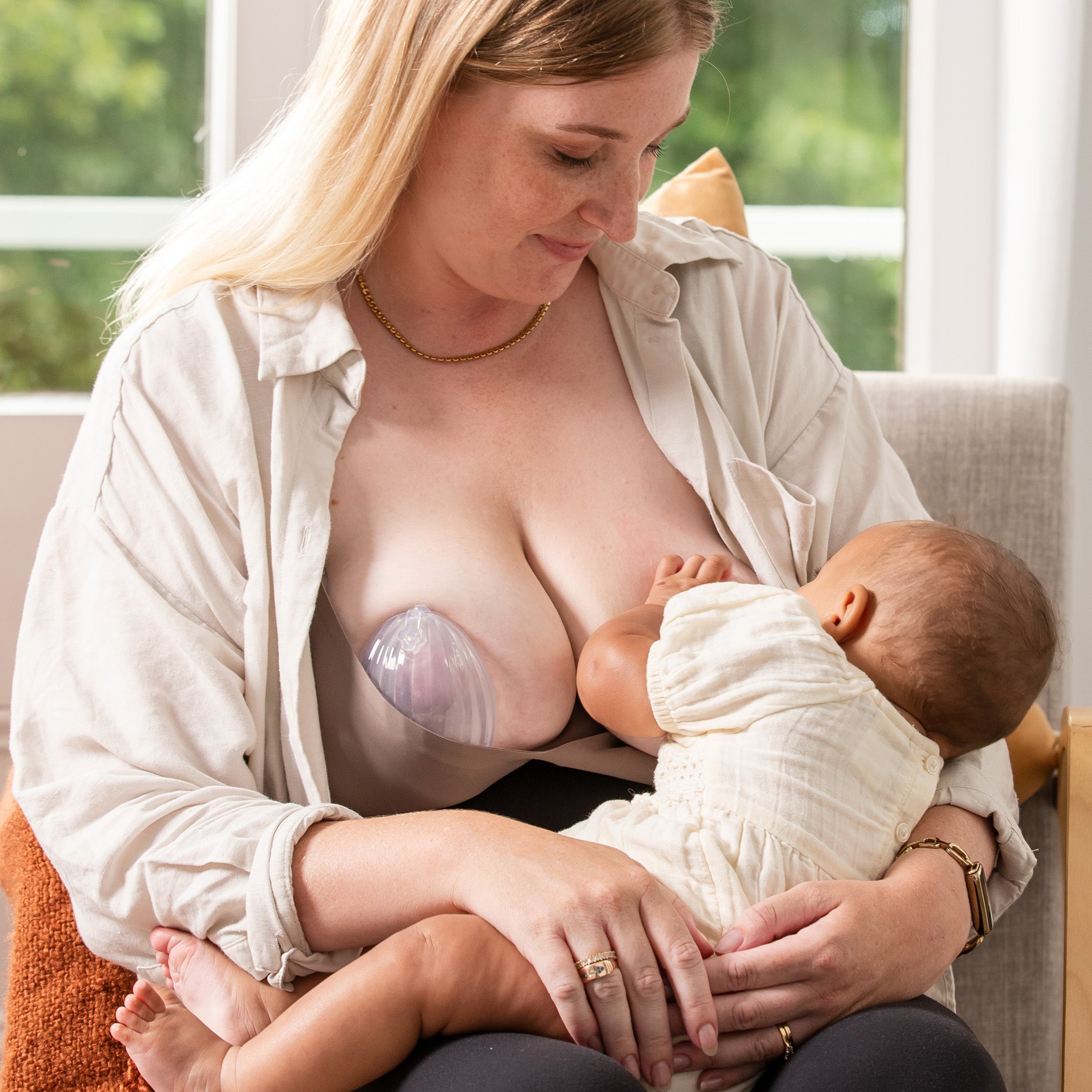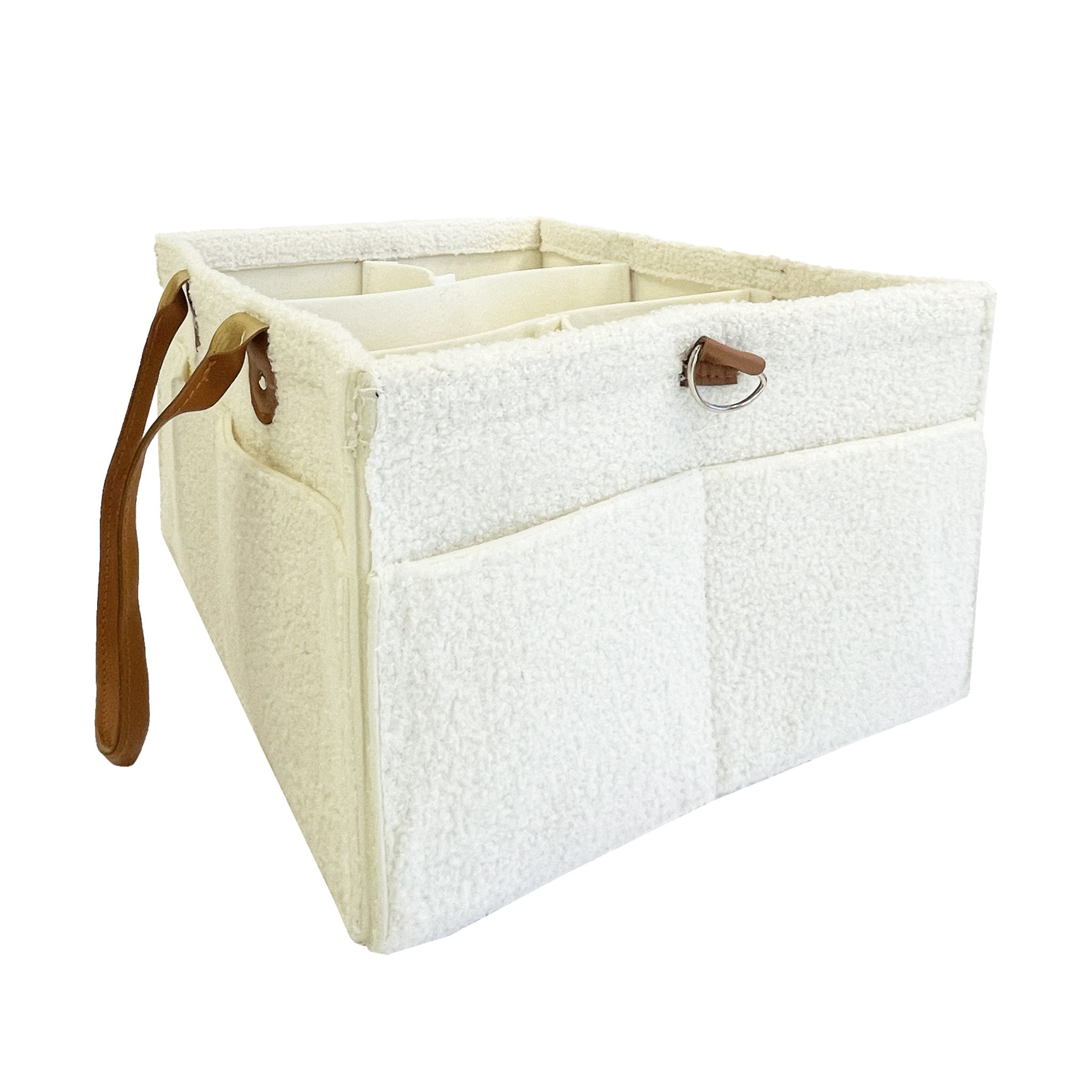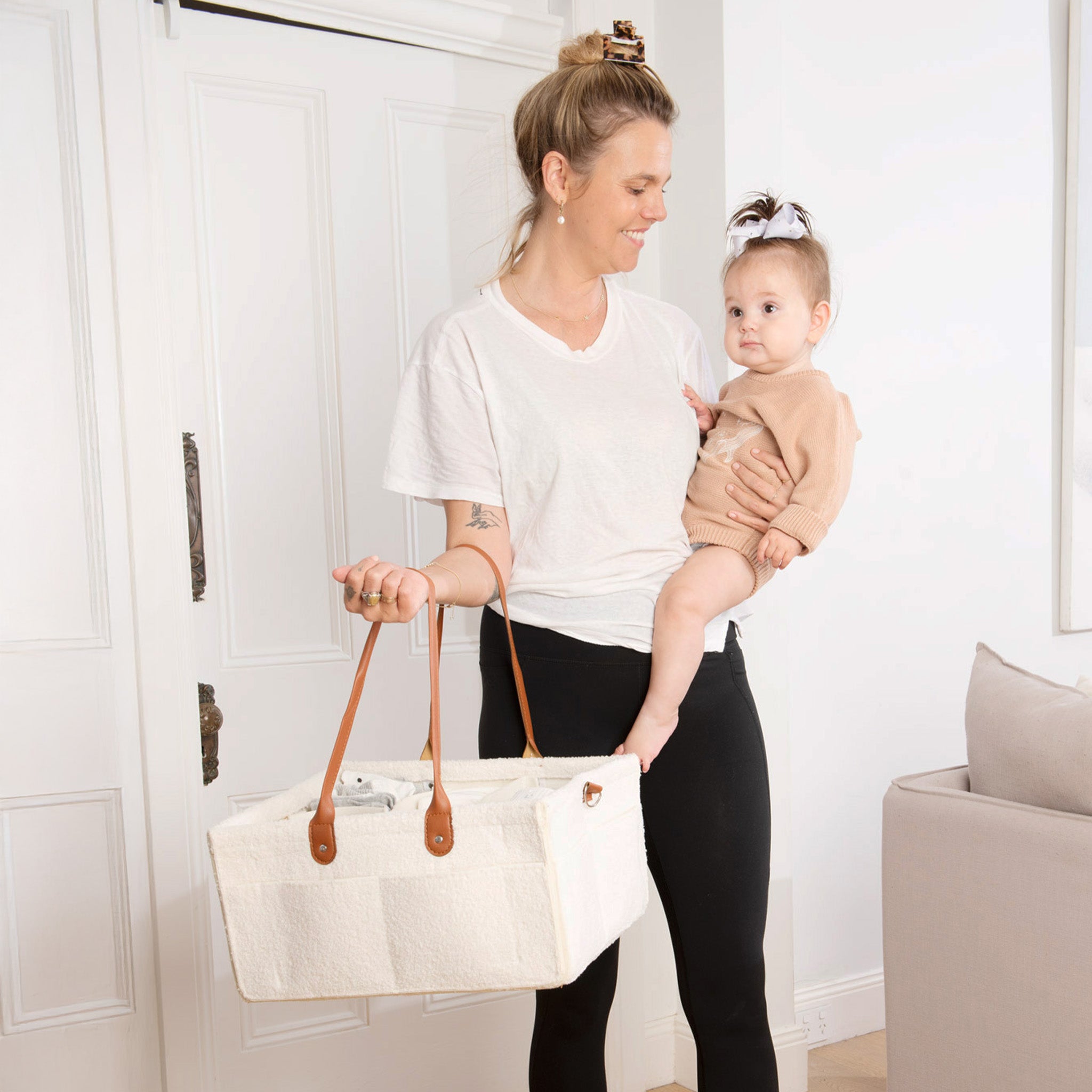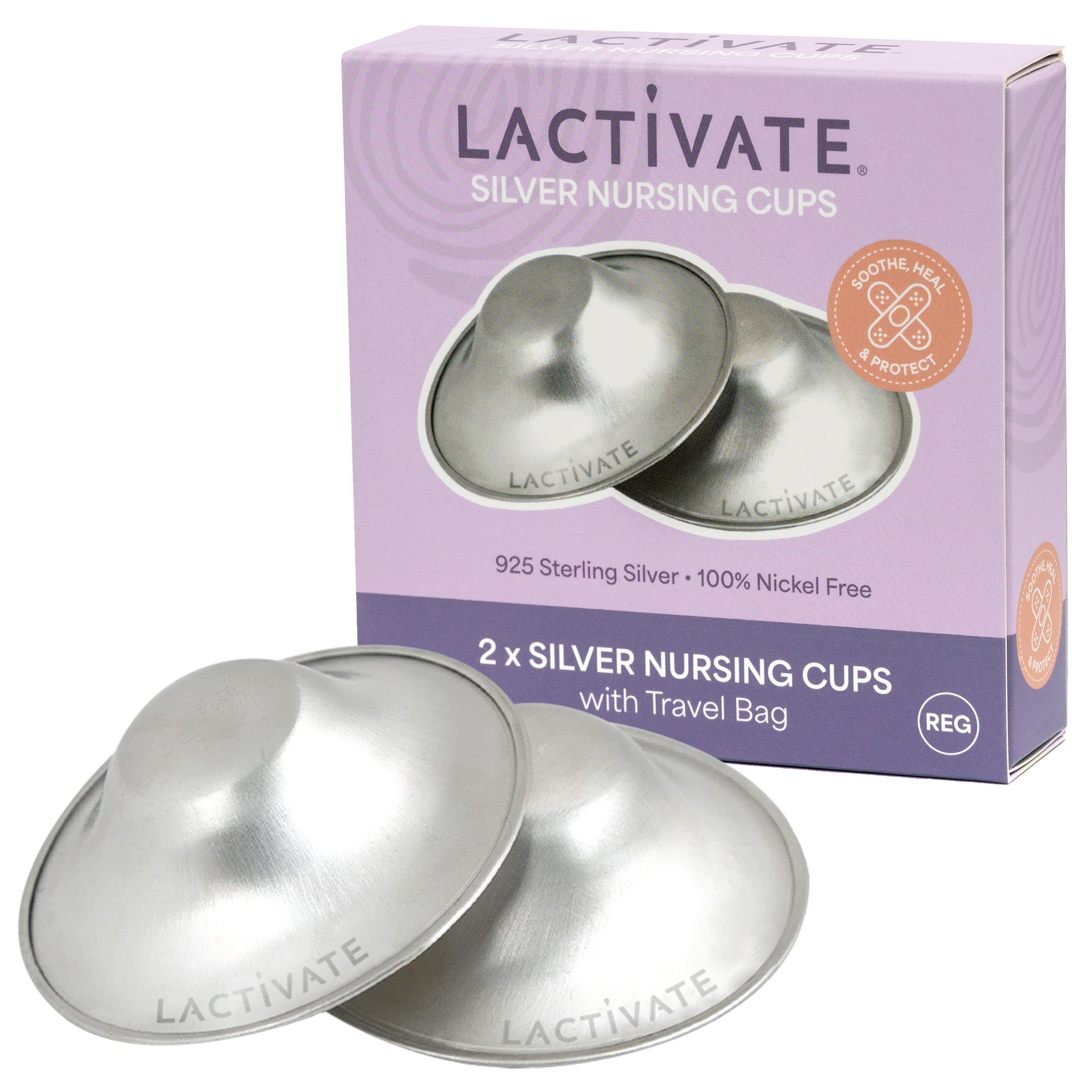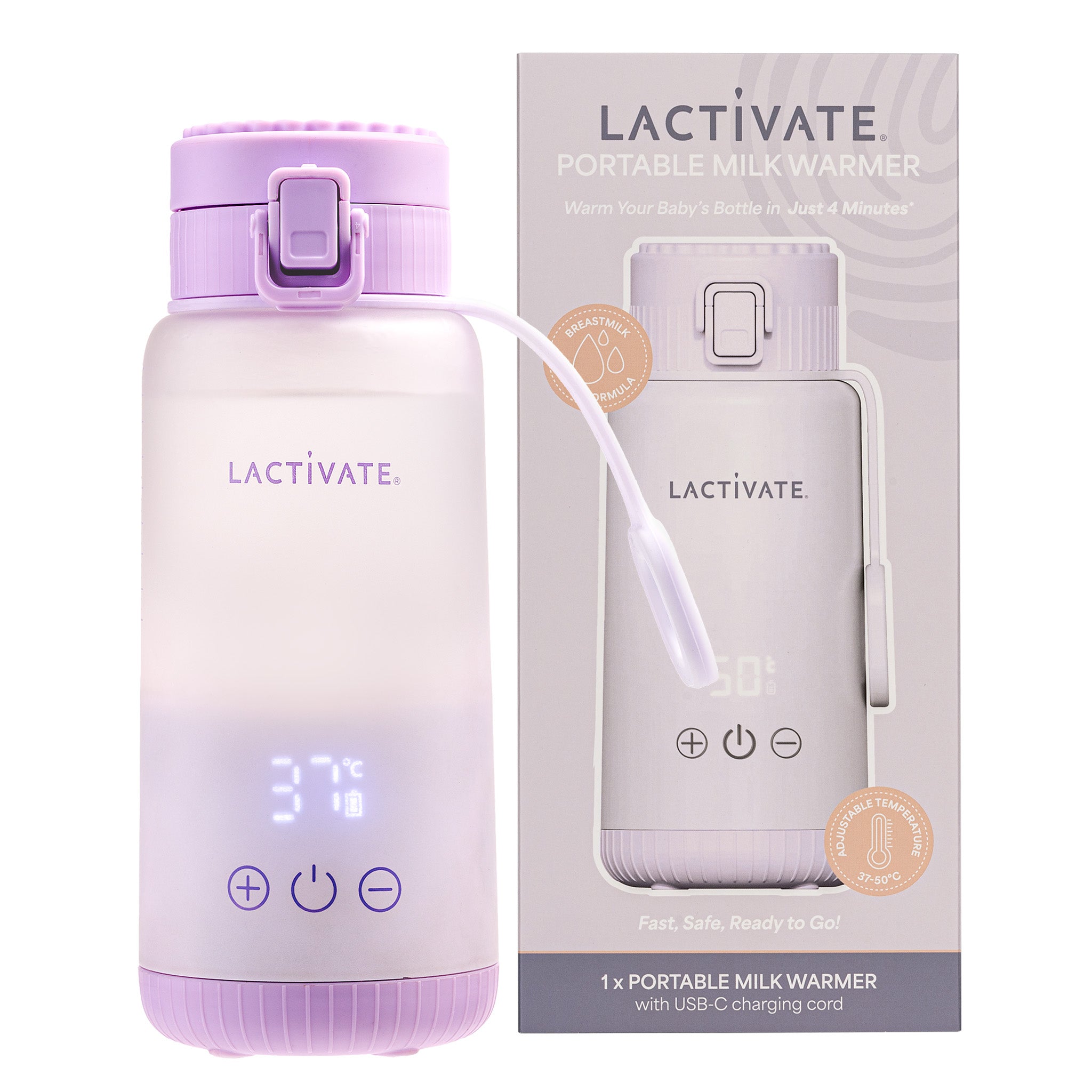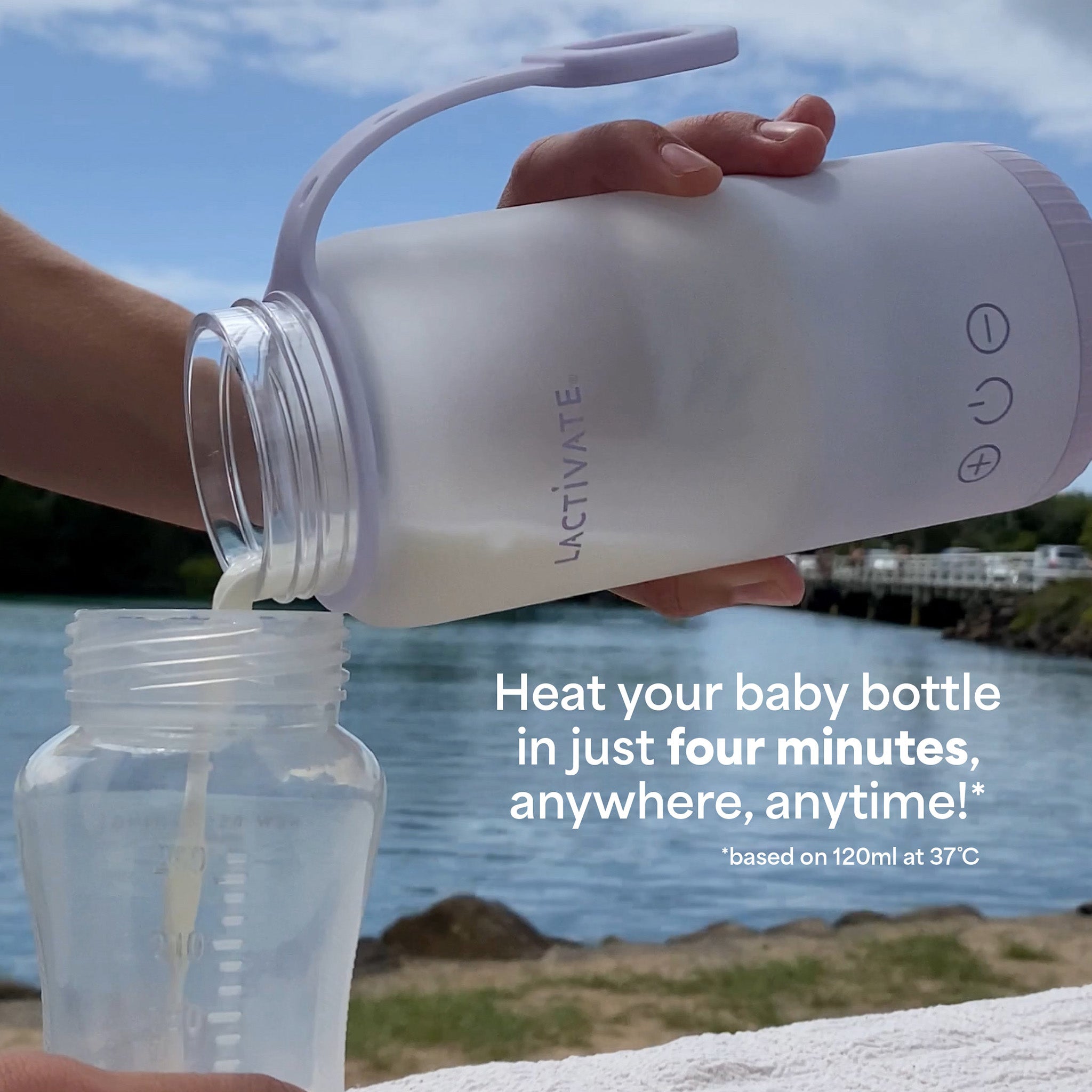Falling pregnant often comes with a whole host of different emotions. Excitement, trepidation, elation, fear. If you’re 35+, pregnancy may also come with a healthy dose of; ‘Am I too old for this?’ The thing is, pregnancy and new motherhood comes with its own unique set of challenges, whether you’re 25 or 35.
We’re looking at some of the challenges unique to the 35+ brigade.
Am I really too old?
In a single word, no. It is however important to note that age DOES have an impact on women from a fertility perspective. ‘Advanced Maternal Age’ or AMA is a term medical professionals may use to describe a pregnant woman 35 years or older. And yes, it does sound a little scary! BUT it is important remember that this is a medical term, used by your care team, to ensure that you are getting the best possible ante-natal care for your life stage. According to the Prince of Wales Private Hospital, the majority of women over 35 will have a healthy pregnancy and healthy baby. The takeaway? Speak with your caregiver about any concerns you have around age. They can help alleviate any fears and explain any extra precautions that may be necessary.
Are there more risks in pregnancy after 35+?
Let’s be very honest here, pregnancy risks and complications increase as we get older, that fact is undeniable. ‘Older’ however can mean anything after your early 20’s. As women, we hit our peak fertility in our early 20’s. Typically though this is not when most women choose to have a baby! After 30, our fertility does start to decline which can make conception slightly harder. After 35 there is more chance of pregnancy and birth related complications occurring but that it isn’t to say that they will! Many, many women choose to have children later in life AKA their mid to late 30’s and into their early 40’s. Discussing your options with your GP or other caregiver can give you peace of mind around your decision making.
Will I be able to fall pregnant after 35?
In your mid to late 20’s, your average woman will have around an 86% chance of conceiving within a year. Or, to put it another way, around 1 in 4 women will get pregnant in any single menstrual cycle. At 35, most women have a 15% to 20% chance of getting pregnant in a given month which equates to around a 78% chance of conceiving within the year. Approximately 30% of women 35+ may take a year or more to conceive. This means you are absolutely able to conceive after 35 though it may take a little longer for some. When should you seek help? Experts advise that women over 35 give conception 6 menstrual cycles (6 months approximately) before speaking with their GP or a fertility specialist.
How can I prepare my body for pregnancy?
Preparing your body for pregnancy at any age is always a good idea! Speak to your GP about a pre-pregnancy screening as this can check your immunisation status, identify or rule out any pre-existing conditions that may be problematic and indicate any concerns that need to be addressed pre-pregnancy. You can also discuss both prescription and over the counter medicines with your GP to ensure what you’re taking is ok during conception and pregnancy. It’s also important to look at any lifestyle factors that may help or hinder conceptions. Weight (of both partners), alcohol conception, smoking even diet all have a role to play in your fertility and likelihood of conceiving. Speak to your GP if you have any concerns about the above or need guidance around making positive changes to prepare for pregnancy.
How can I prepare mentally for #mumlife?
While preparing physically is one thing, preparing mentally and emotionally for pregnancy is another! Pregnancy and new motherhood when you’re over 35 can come with some unique challenges; namely a massive change to the life and lifestyle you’ve been living for quite some time! While younger mums often struggle being ‘the first’ to have a baby, mums in the 35+ bracket are sometimes the last in their friendship circle to jump on the baby train which can be a lonely and isolating experience at times. Our best advice for mums of any age is to seek support whenever you can and prioritise connecting with other mums in the same stage as you. Whether it’s through your Early Childhood Centre Mother’s Group, an informal arrangement with friends with young children, organised activities at your local library and community centre, connection is key and can go a long way in helping you feel less alone.
How does the financial stuff work?
If you’re a woman heading into pregnancy at 35+ there’s a good chance you’ve been earning an income for quite a few years. Parental leave can be a bit of a minefield as it’s highly industry and employer specific. For example, some organisations grant you leave but it is unpaid. Others, often in the public sector, provide paid parental leave for X number of weeks depending on your role. If you’re a casual or contract worker, the rules and conditions may also be different! Most new parents will have access to the government funded Parental Leave Pay (PLP) scheme which entitles primary carers of a newborn or newly adopted child up to 18 weeks' PLP, at the National Minimum Wage. There is also ‘Dad and Partner’ pay available. You can find out more here. It pays to be prepared for your change in financial circumstances during pregnancy and after birth as it can be quite an adjustment for many families.
HELP! I’m a ‘geriatric mum!’
Ah yes, this old terminology! There was a time when medical professionals used ‘geriatric pregnancy’ to describe any woman over 35 who happened to be pregnant. Not the most flattering or reassuring term! There are plenty of misconceptions about being an ‘older’ mum. You’ll be exhausted! Conception will be difficult! Having more than one child may prove impossible! You’ll need fertility treatment! You’ll be too old to enjoy your child as they grow up! To this we say, rubbish! Women and their partners choose to have children at all different ages and life stages. For some pregnancy may come easily, for others it may take a while. Some women may have started trying in their late 20’s but struggled. Others may not have felt emotionally or financially ready till 35+. Choosing what is right for you and your partner is all that matters. Yes, pregnancy and new motherhood is exhausting, that is a universal truth whether you are 22 or 42. Your body may be better equipped to deal with certain things at a younger age BUT you may not have had the financial means to support a child and access the kinds of things you now can. Concerns about your fertility can be discussed with your GP or a fertility expert who can give you all your options so that you can make an informed choice.

